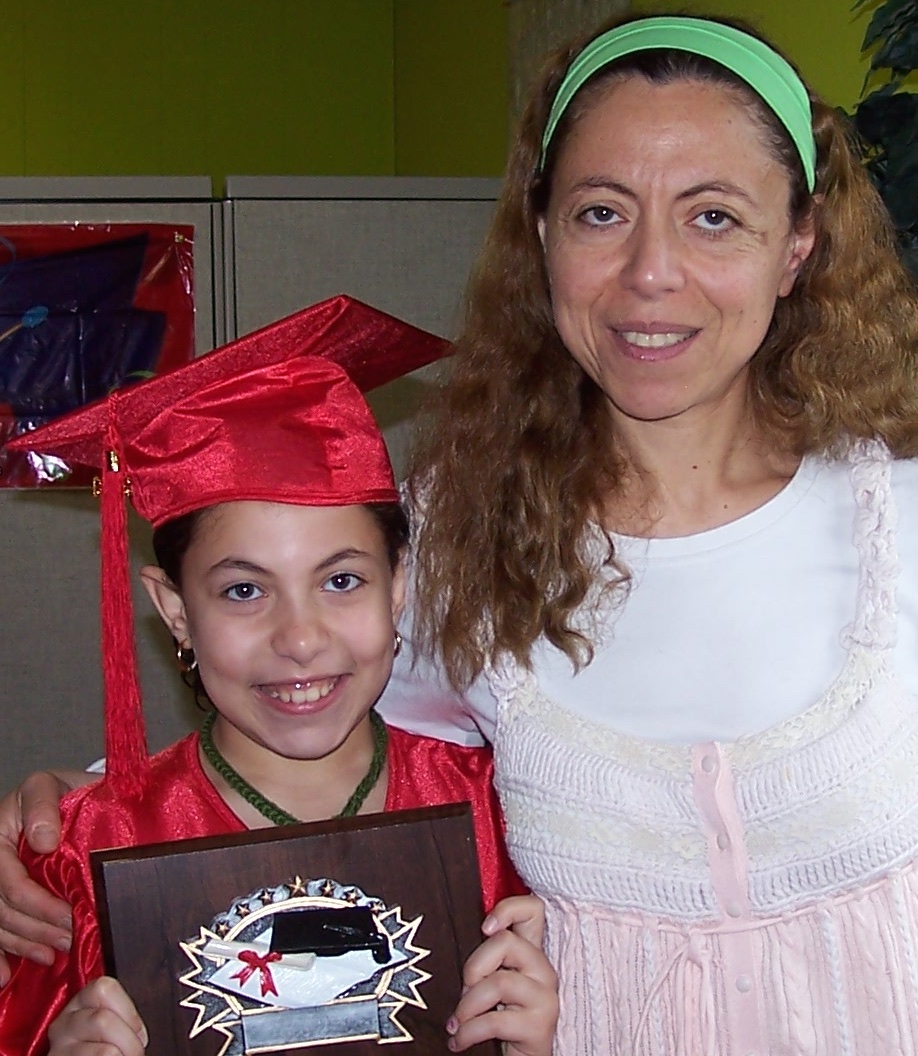
Imagine that your child could improve their skills, boost IQ, and rewire their brain for faster and better learning by just using one tool. All of this is possible with Abacus Math training.
While we know that teaching Abacus to kids would not only improve their math skills but also develop various cognitive abilities, international research has shown that it’s more powerful than we thought. The abacus also optimizes various functions and restructures the brain to boost learning potential. This physical and functional change to the brain is called neuroplasticity.
In this article, we’ll journey through recent studies that reveal how the abacus helps with neuroplasticity. You’ll first deep dive into the definition of neuroplasticity, followed by several studies that explore the physical and functional effects of the abacus to the brain. Lastly, you’ll read amazing transformations in some of Genie Academy’s Abacus Math students and graduates. Read on to discover the power of the abacus for your child’s whole brain development.
What is Neuroplasticity?
Neuroplasticity is the brain’s ability to rewire or restructure itself in response to internal or external stimuli. It includes the brain’s ability to reorganize its structure, strengthen cerebral functions, and optimize neural connections.
As the brain rewires and develops itself to adapt to its changing needs, your child gains several benefits such as optimizing memory and learning, improving existing skills, and strengthening weak areas of the brain.
How Abacus Math Helps With Neuroplasticity
Research on the abacus’ benefits to neuroplasticity has been extensive. It studied different functions of the brain, namely, physical brain development, IQ, emotional intelligence, memory, and knowledge and skills. We’ll take you through each of these to give you a comprehensive look at its benefits on overall development.
Physical Brain Development
By far, the most revolutionary findings regarding the abacus reveal how it physically alters the brain.
In particular, one study explored brain white matter. Brain white matter plays a crucial role in processing information. It connects different brain regions that need to send and receive signals to each other and affects a person’s ability to focus, solve problems, and stay balanced. It’s also associated with working memory and multitasking capabilities (e.g. hand-eye coordination). Results concluded that abacus training from a young age not only improves memory capacity but also the stability of brain white matter related to motor and visual processing.
In addition, one study conducted on two groups of Chinese children showed that abacus experts displayed higher brain efficiency compared to non-abacus experts when working on the same task. The results were obtained using fNIRS (functional Near-Infrared Spectroscopy) to analyze prefrontal cortex activation as the children conduct tasks. Thus, it revealed that long-term abacus training may lead to improved neural efficiency.
IQ
Abacus Math training has been shown to increase overall intelligence in children. In a 2008 study, Sudanese children were asked to take the SPM (standard progressive matrices) exam. After training in the abacus for 2 hours per week for 34 weeks, they gained an average of 7.11 IQ points. These findings are significant because abacus training never directly worked with solving progressive matrix problems. It shows that the abacus not only improves skills that it directly trains but also improves IQ.
Emotional Intelligence
Emotional intelligence is just as significant, if not more, in predicting personal and professional success. Good news is, Abacus Math has been shown to develop the frontal lobe of the brain associated with emotional control, higher cognition, and goal persistence. This part of the brain also develops self-perception, motivation, perseverance, social competencies, resilience, and creativity. Abacus Math targets these executive functions that help your child achieve worthwhile goals and relate well with people.
Additionally, a 2016 study also revealed that abacus math improves a child’s focus. Abacus Math experts were able to maintain focus for longer periods and were less likely to be disrupted by external stimuli, compared to non-abacus experts. The study also showed that abacus training is effective in ANY standard classroom setting, which means that any student, regardless of skills or motivation, can see improved results.
Knowledge and Skills
Abacus Math training improves math skills regardless of a child’s starting point. According to a study done in Taiwan, math skills are developed primarily through practice rather than socioeconomic factors, ability, or previous math experience. Thus, Abacus Math training has great potential and value for children with math learning disabilities.
Abacus Math also develops both the language-related and visuospatial parts of the brain, which enables experts to not only solve problems logically but also visualize the abacus. This is why experts can do mental calculations on top of the pen-and-paper method. One of our abacus students, Derrick, has been called the human calculator for his lightning fast mental math. Watch him in action below.
Lastly, it has been reported that abacus training directly affects a person’s digit memory span, reaction time and accuracy in solving problems. Since Abacus Math activates both the left and right parts of the brain, experts can manipulate and retain numbers more effectively as compared with non-abacus experts. Hence, cognitive abacus training not only directly trains math skills but also enhances problem solving skills.
Memory
Results show that abacus training from an early age can improve memory capacity for visual and auditory information. Genie Academy student Jaisen is a perfect testament to how abacus mental math improves auditory memory and performance. He was given an IEP at the age of 2 to help with his speech and memory issues. After three years at Genie Academy, his articulation and memory improved exponentially along with his spelling, math, and overall confidence.
It doesn’t take 3 years however to see improvements in memory and performance with the abacus. A 2020 study showed that young adults who trained for as few as 20 days already saw improvement in working memory.
Does Age Matter In Abacus Training?
While plasticity can occur at any age, the early years of a child’s life are the time of rapid brain growth. It's because young brains tend to be more responsive and sensitive to experiences, as the immature brain grows and organizes itself.
Similar to Abacus Math training, research findings suggest that children who learn it before the age of 7 can maximize its effectiveness. This is especially true in optimizing brain white matter.
Amazing Abacus Transformations
You may have discovered new benefits of the abacus from different studies, but we believe nothing beats our students’ achievements in proving the power of the abacus. Check out below some success stories of Genie Academy’s abacus graduates and students.
Aside from the abacus, these transformations wouldn’t be possible without our dedicated teachers and parents who are passionate in nurturing their child’s full potential.
Interested to learn more about the Abacus Math program? Sign up for a free class below.


 Abacus graduate Olivia got accepted into MIT’s Mechanical Engineering program last year. She believes that the Abacus Math program gave her the knowledge and skills she needed to enter and excel in MIT.
Abacus graduate Olivia got accepted into MIT’s Mechanical Engineering program last year. She believes that the Abacus Math program gave her the knowledge and skills she needed to enter and excel in MIT. Kindergartener Riaan got accepted into Marlboro NJ’s Gifted and Talented program. He’s also able to do 3 digit math problems using mental math.
Kindergartener Riaan got accepted into Marlboro NJ’s Gifted and Talented program. He’s also able to do 3 digit math problems using mental math. 6th grader and Abacus Math student James is doing 9th grade Algebra 1. He leapt 3 grades ahead when most students are lagging behind because of the pandemic.
6th grader and Abacus Math student James is doing 9th grade Algebra 1. He leapt 3 grades ahead when most students are lagging behind because of the pandemic.




